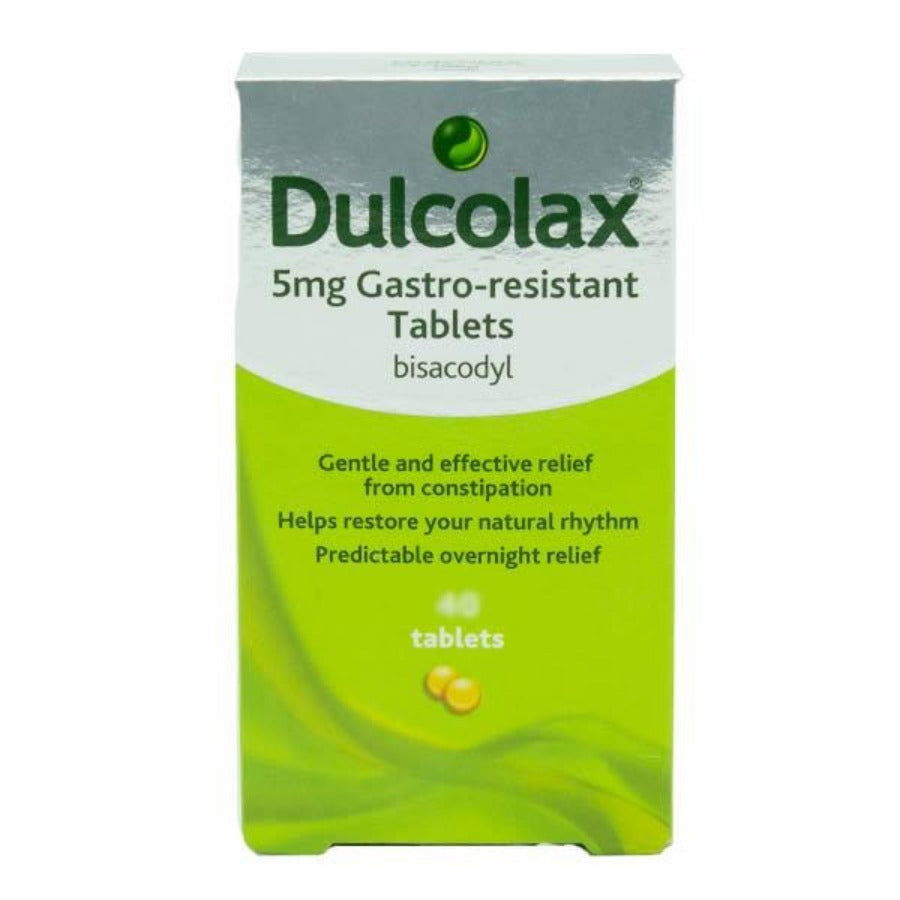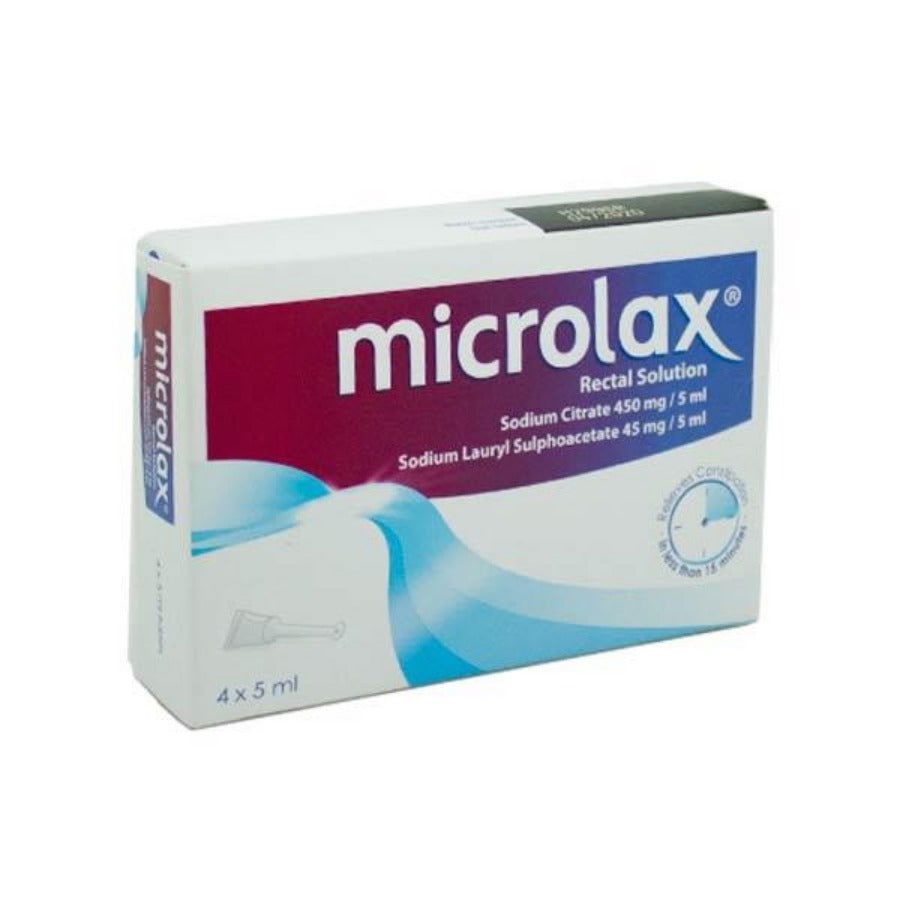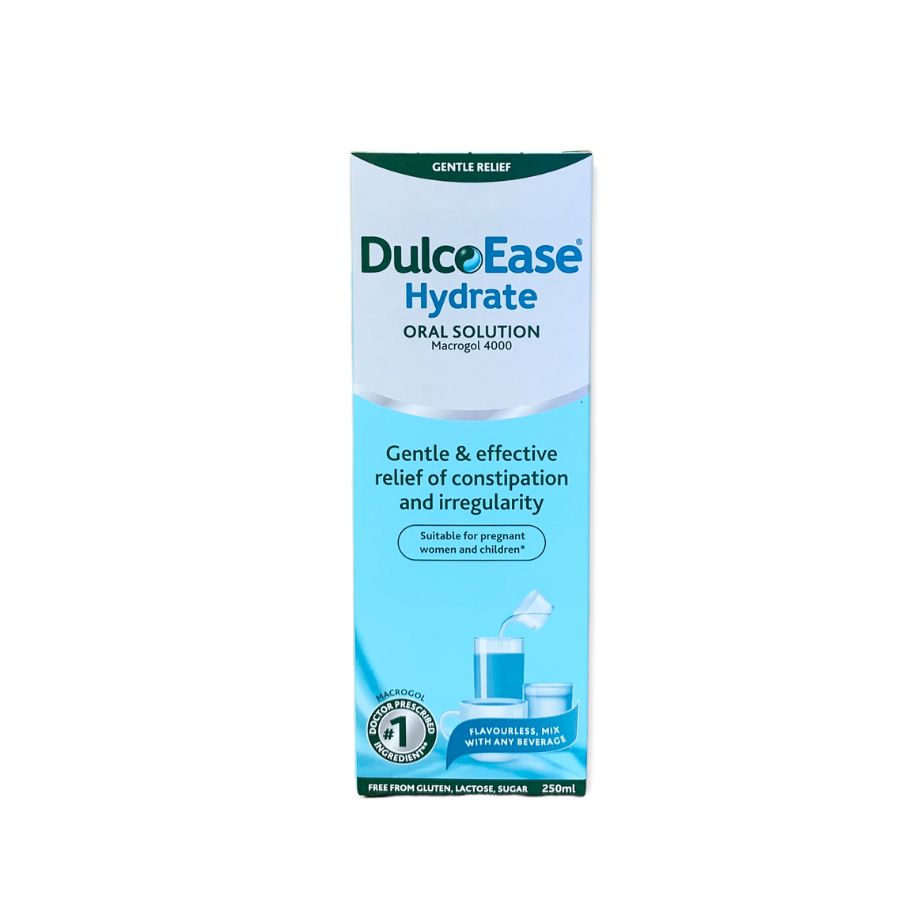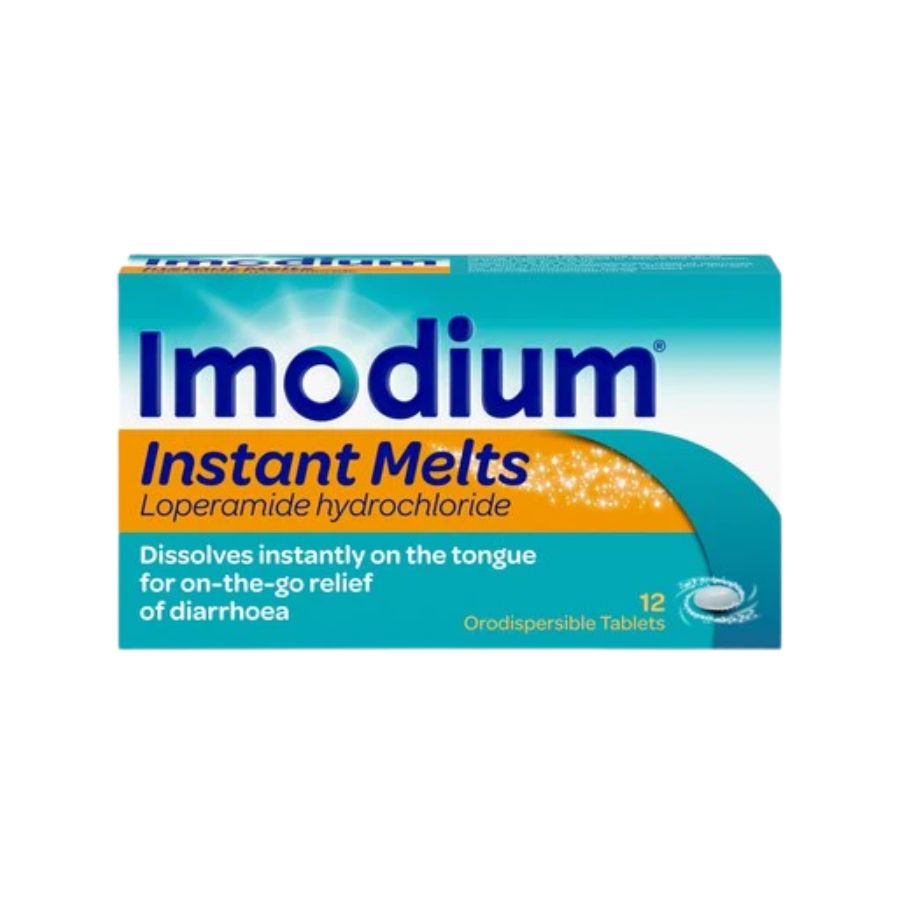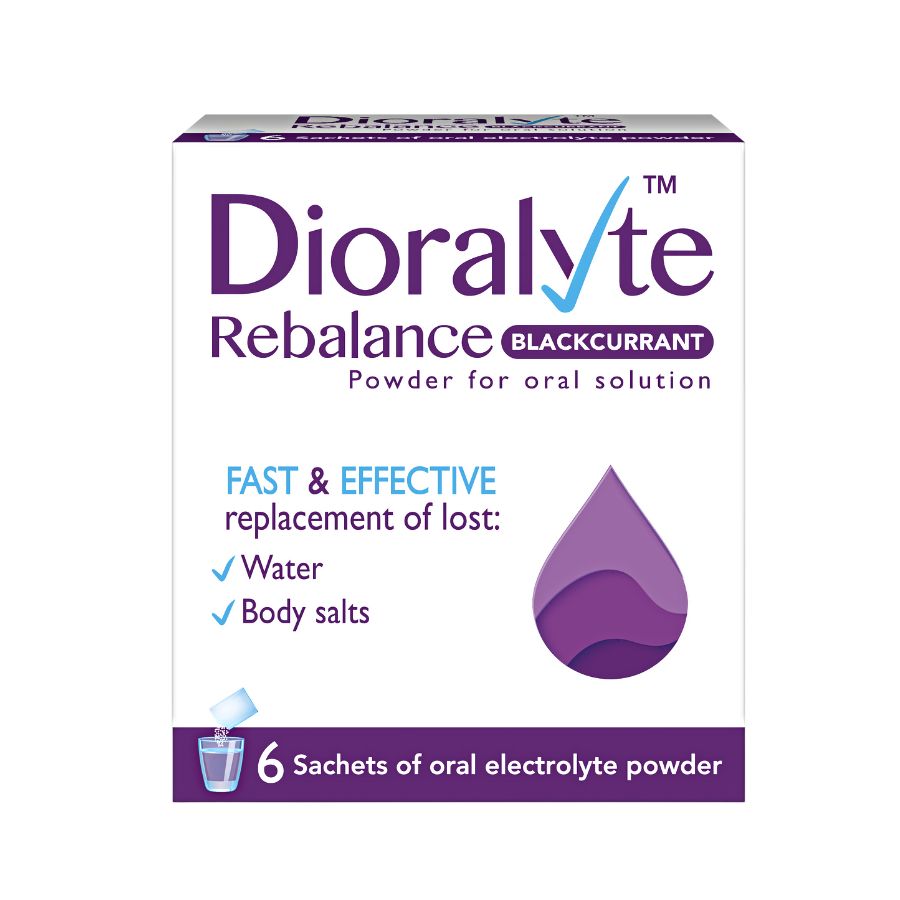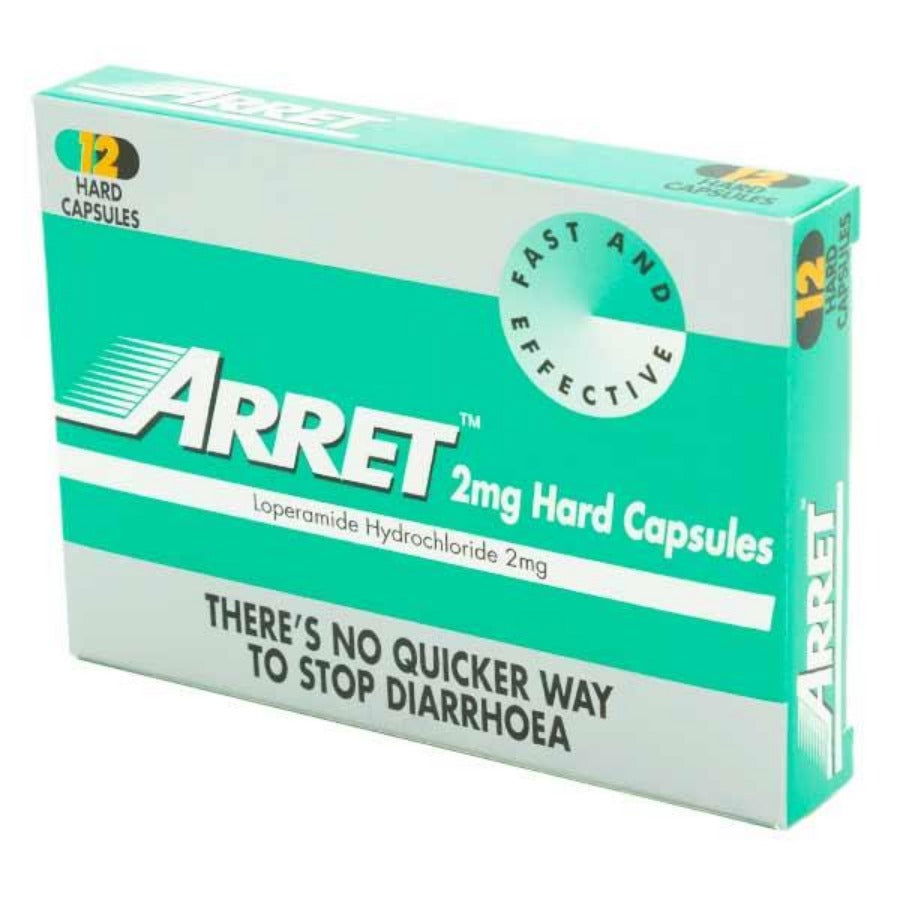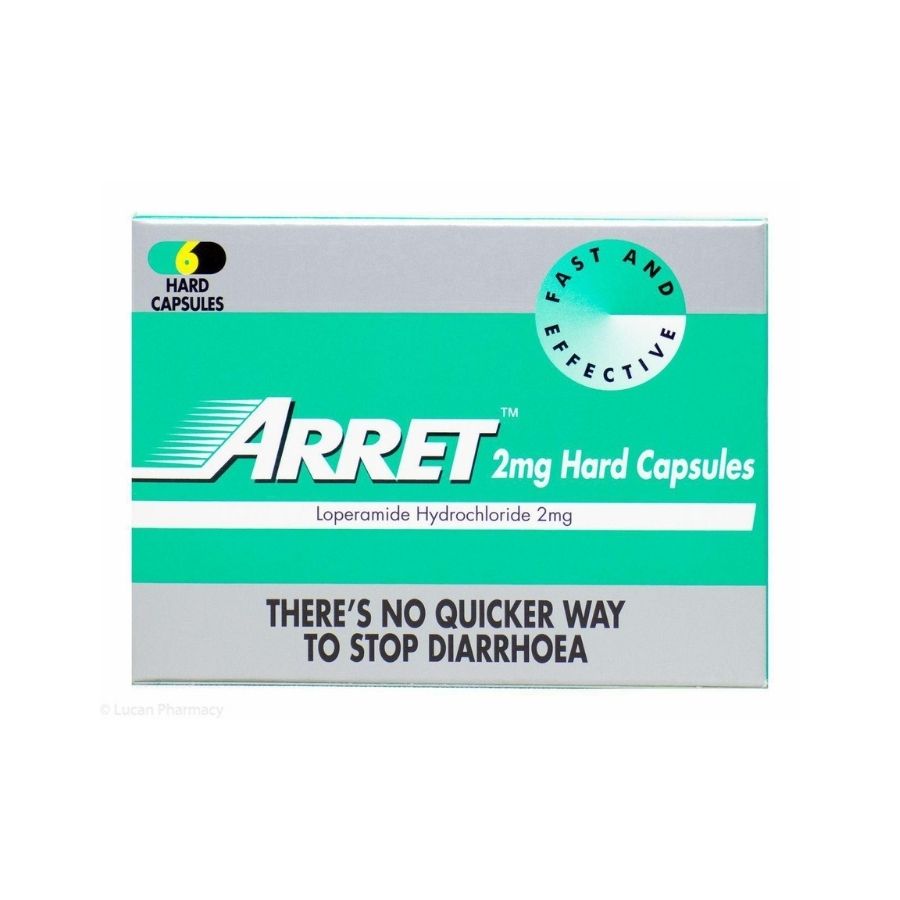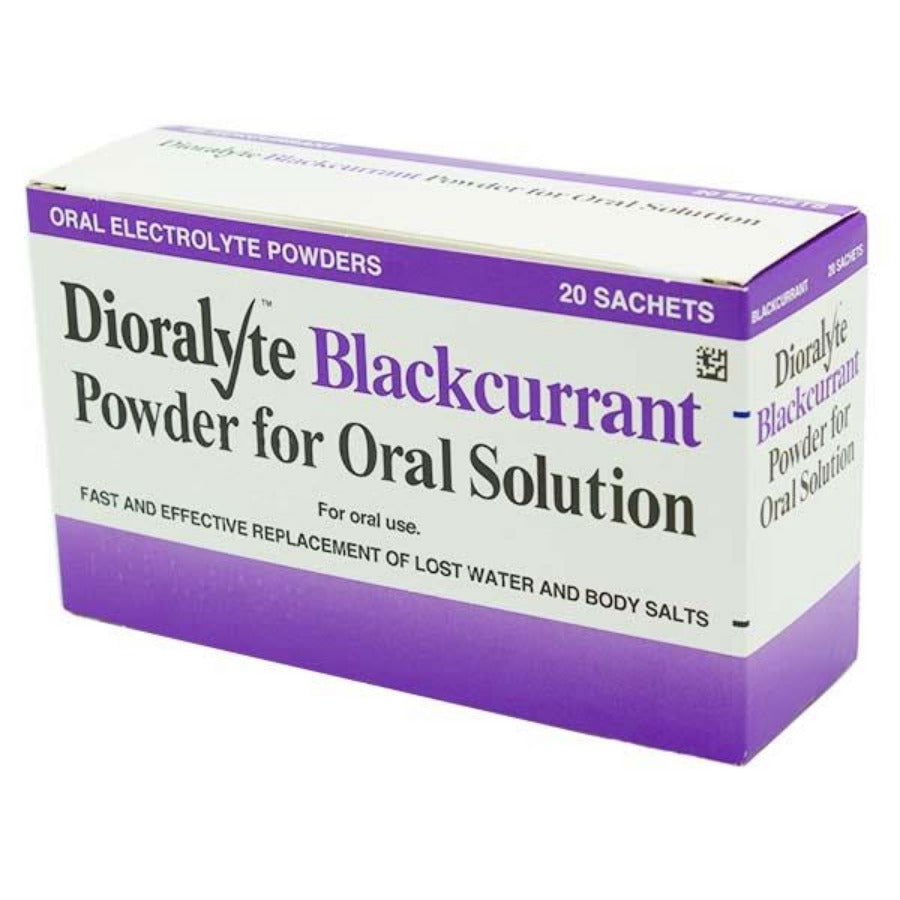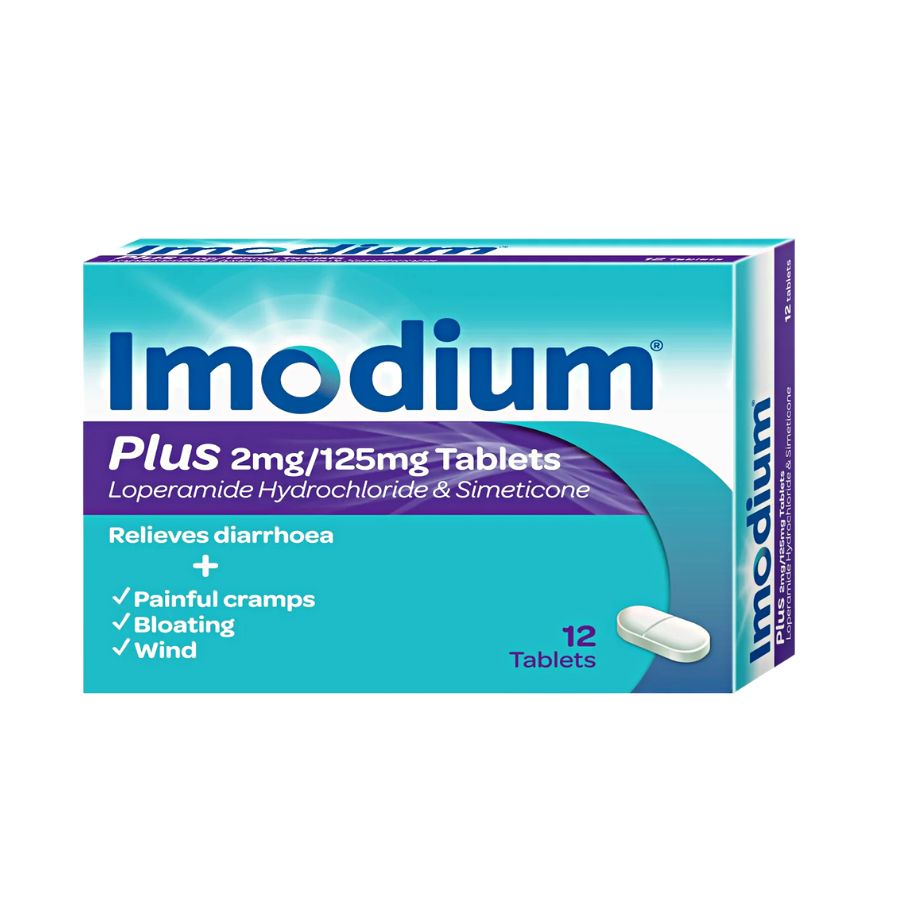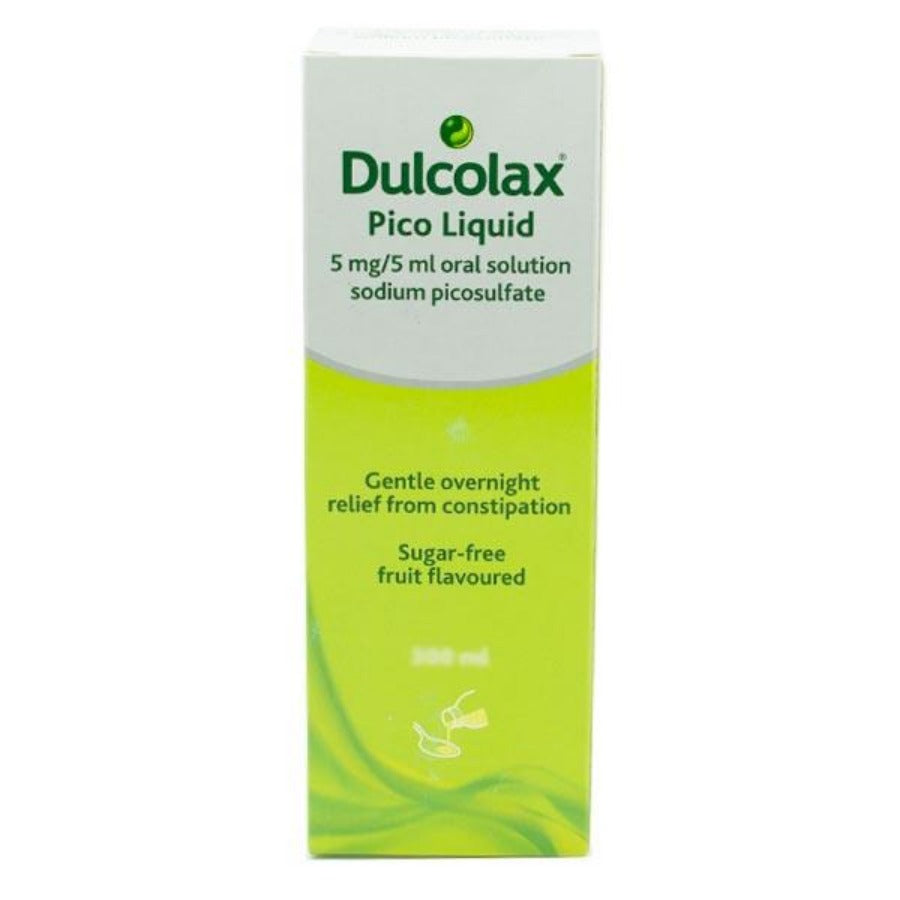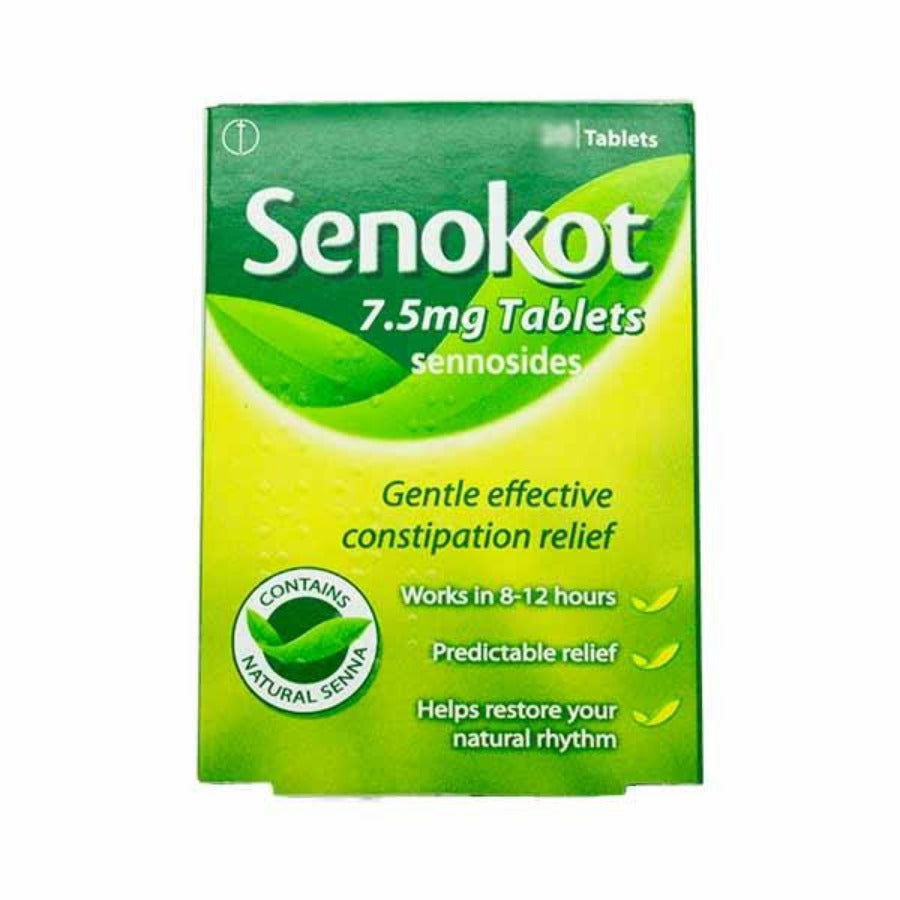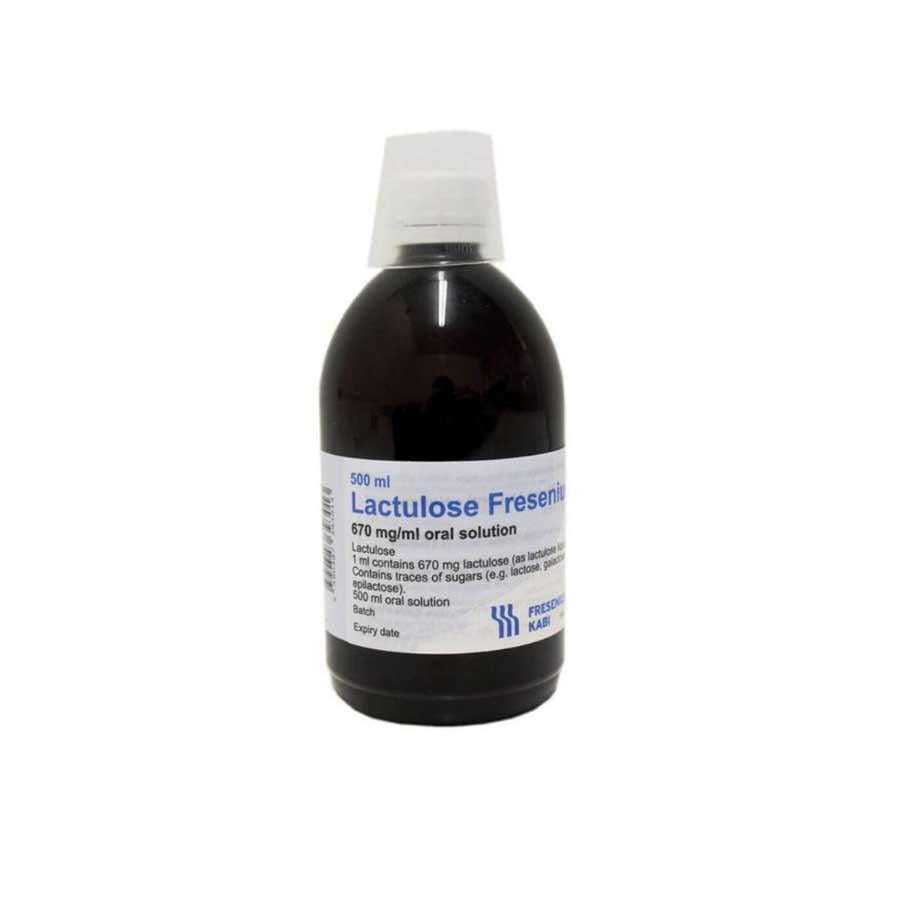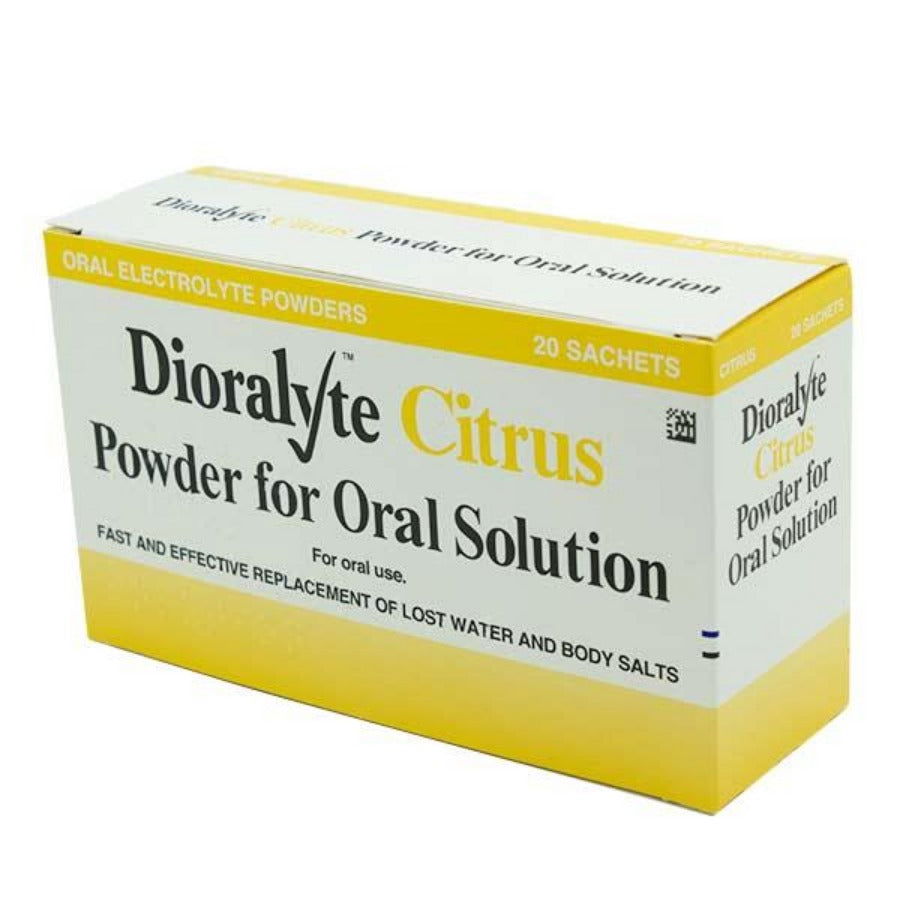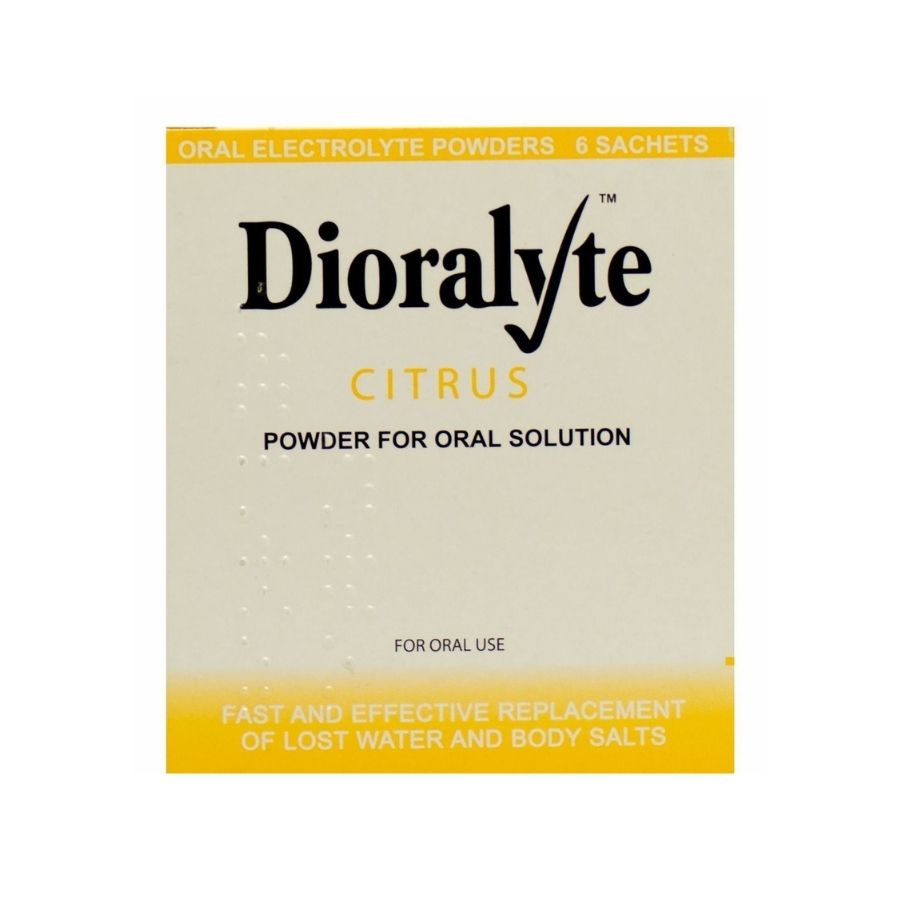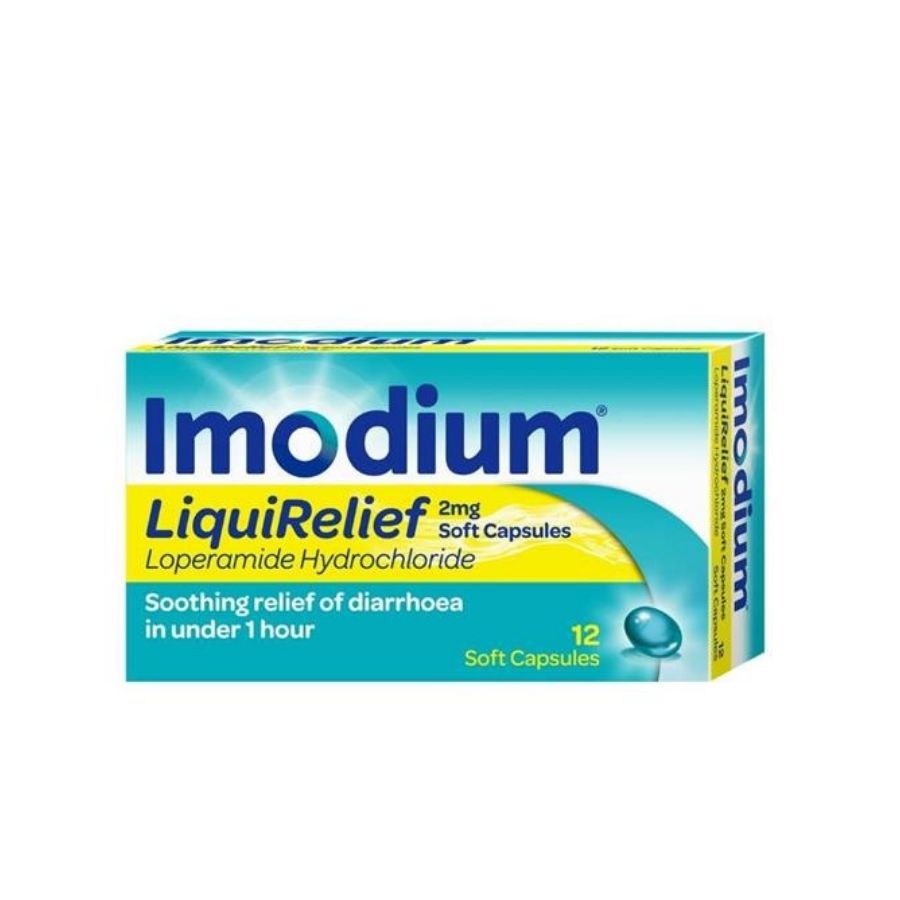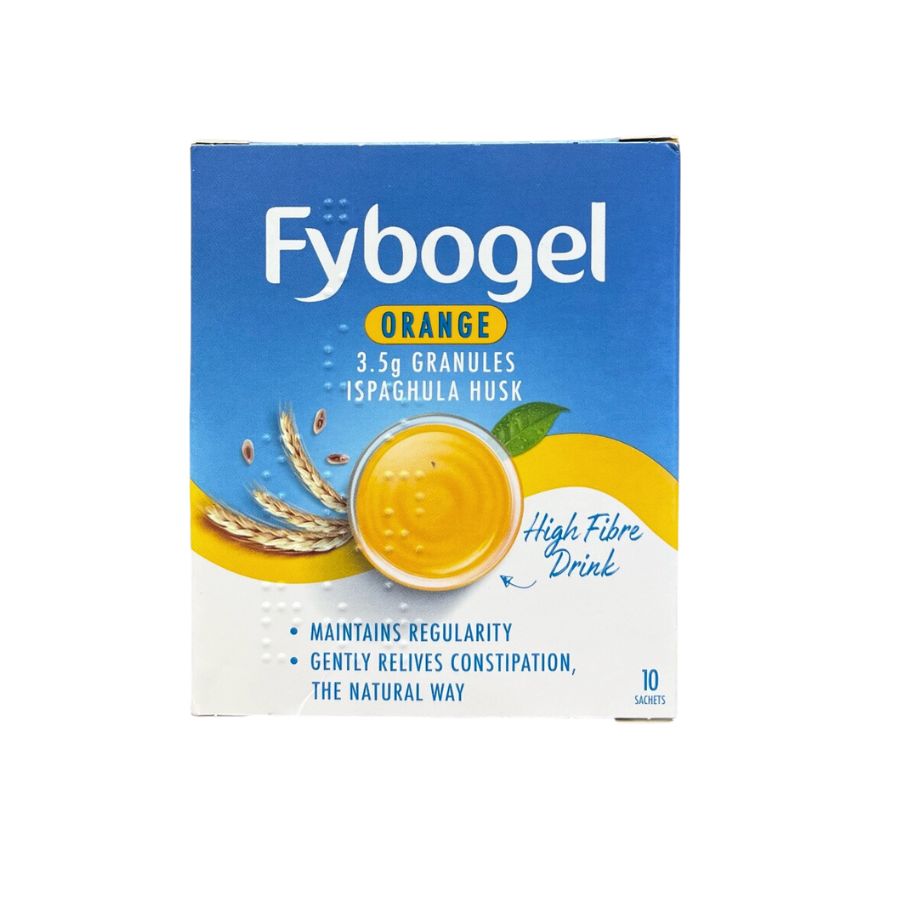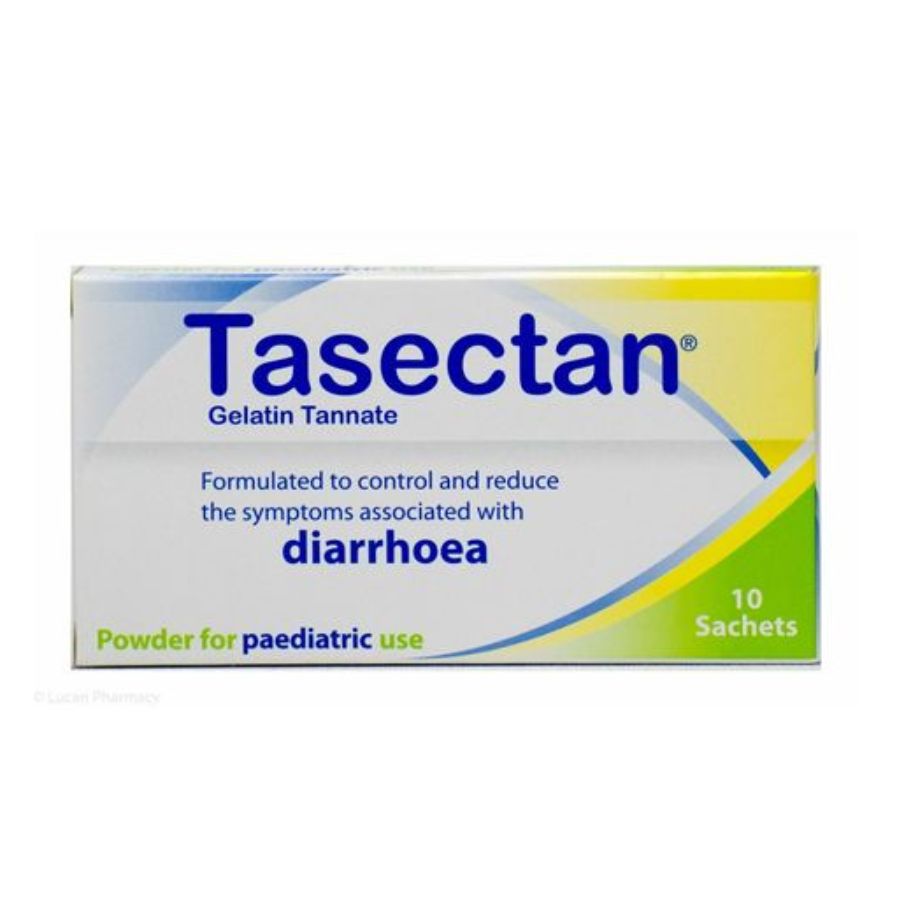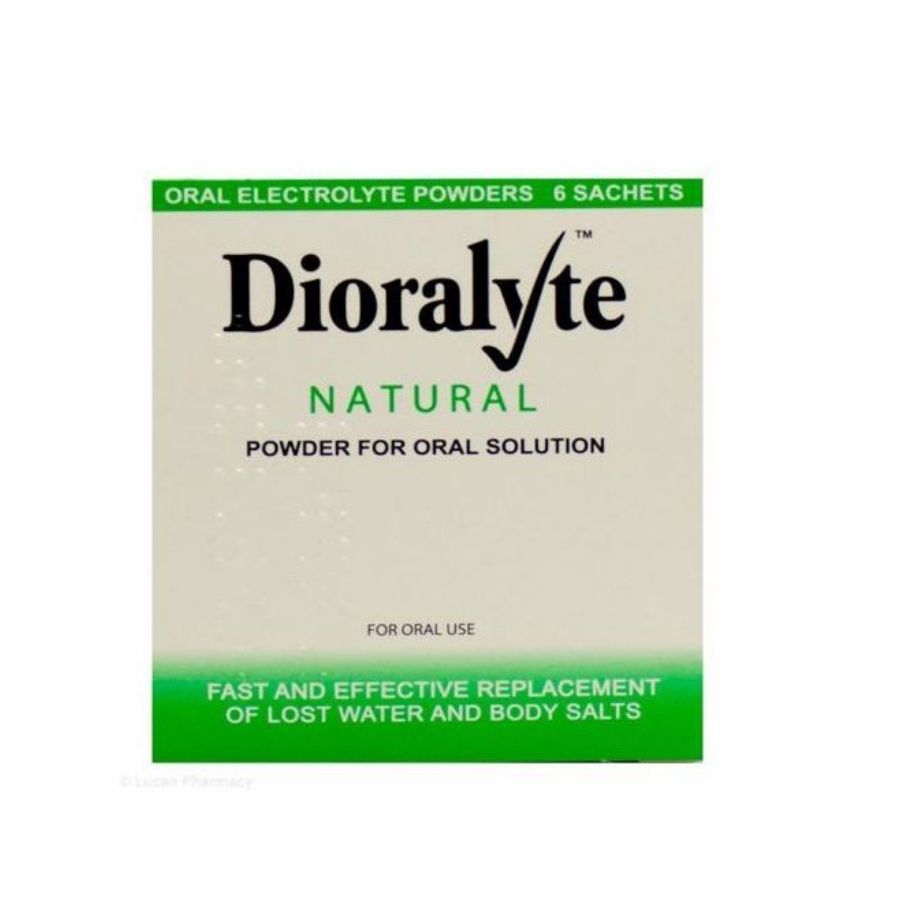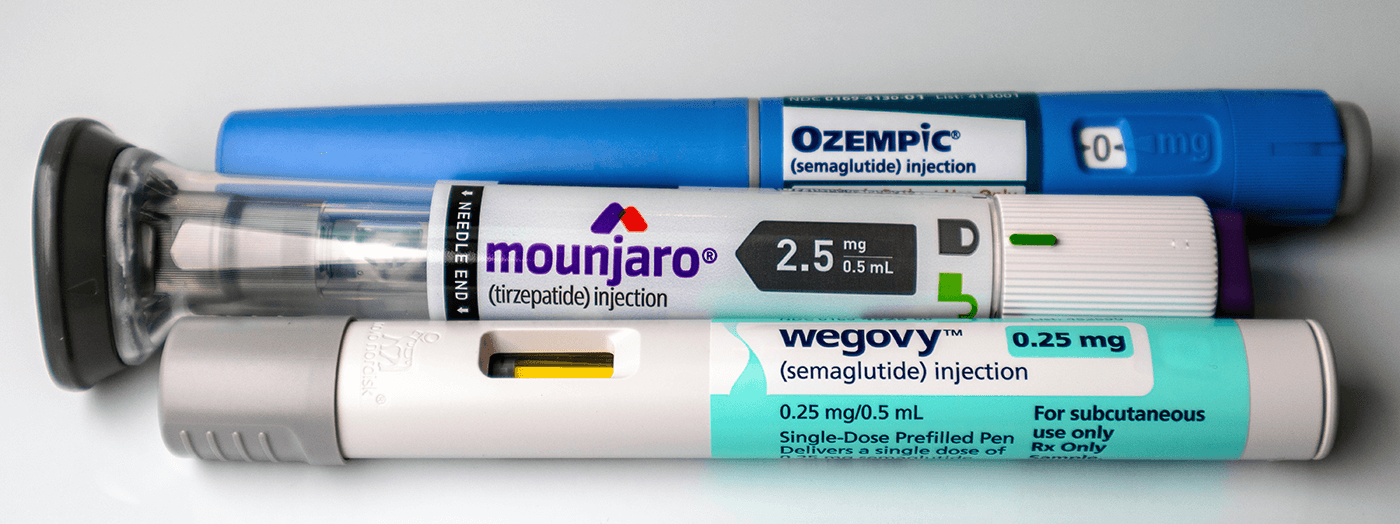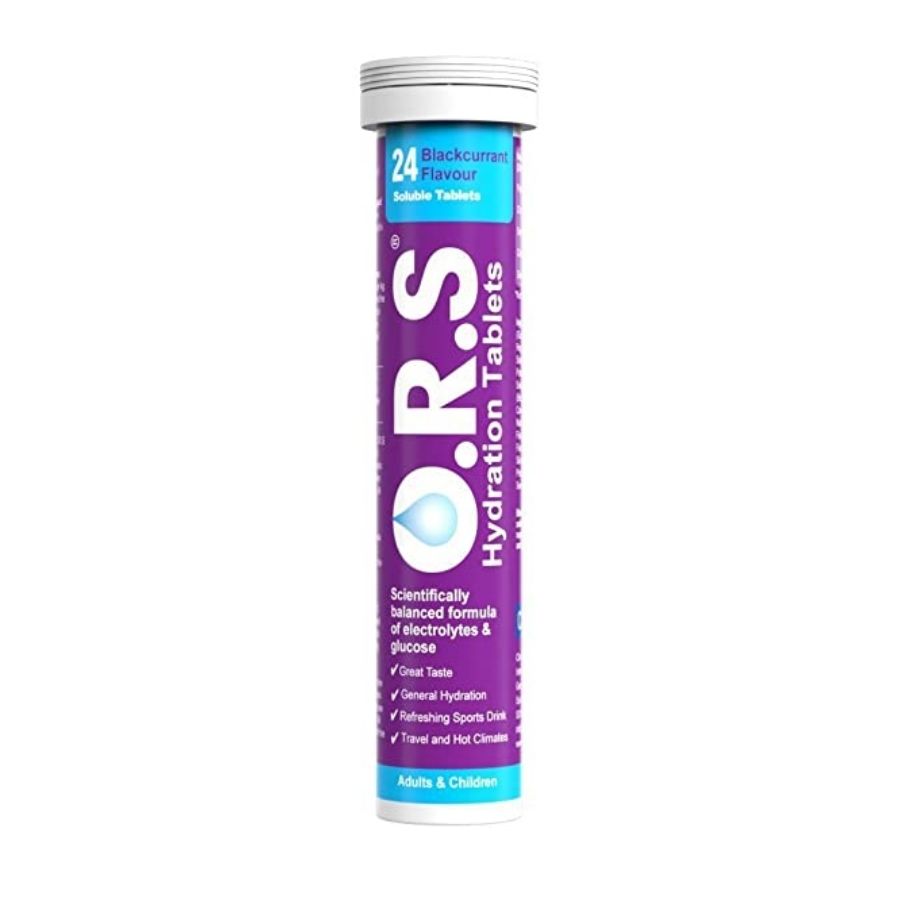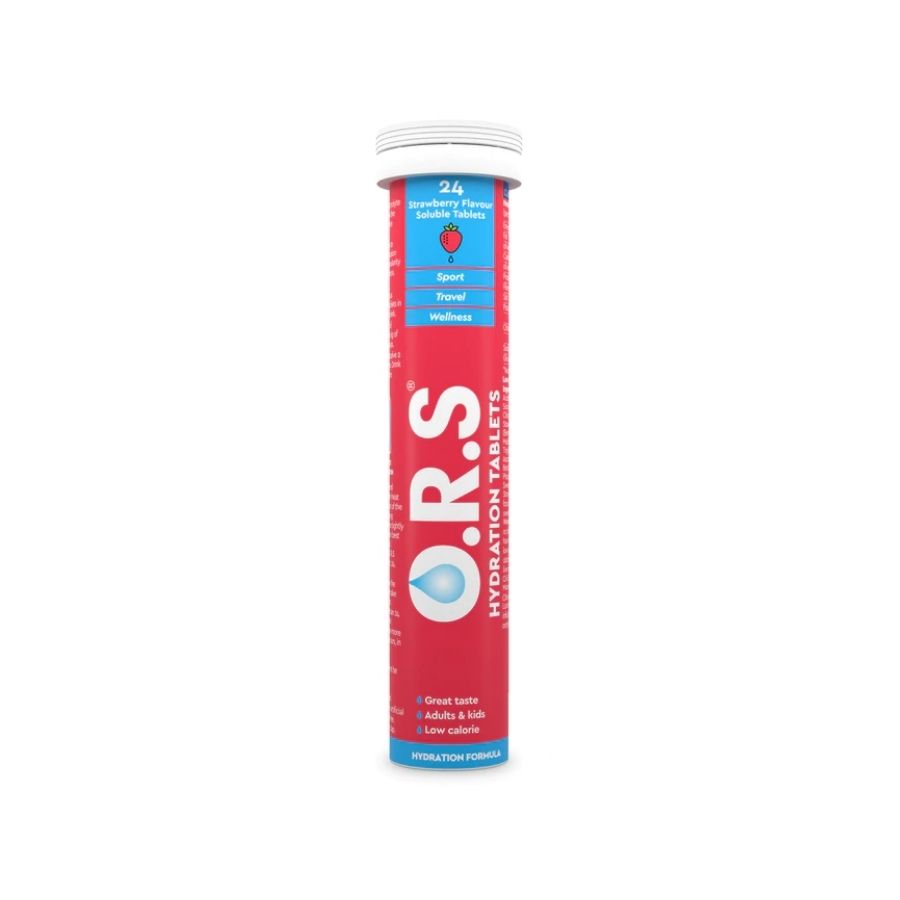Constipation/Diarrhoea
22 products
Showing 1 - 22 of 22 products
Constipation/Diarrhoea - Dulcolax Tablets, Suppositories, Lactulose, Bowel Dysfunction, Rehydration Salts
Constipation
Constipation is a common problem. It means either going to the toilet less often than usual to empty the bowels, or passing hard or painful stools (also called faeces, stools, motions or poo). Some people normally go to the toilet to pass a stool / motion 1-3 times per day. For others, 2-3 times per week is normal. A change from your usual pattern may mean that you are constipated. If you are constipated it causes one or more of the following:
- Faeces (stools or motions) become hard, and difficult or painful to pass.
- The time between toilet trips increases compared with your usual pattern.
- Sometimes crampy pains occur in the lower part of your abdomen.
- You may also feel bloated and feel sick if you have severe constipation.
Constipation may be caused by:
- Not eating enough fibre. Fibre adds bulk to the stools, and helps your bowels to work well. It is recommended to have an average of 18-25 grams of fibre per day.
- Not drinking enough fluids. The bowel absorbs fluid back in to the body. It will do this even if you drink very little. If you are not drinking enough the stool becomes hard and difficult to pass. Fluid helps the stool to stay soft and easier to pass. It is recommended to drink 1 ½ -2 litres (6-8 mugs) of fluid every day, unless you have been told otherwise by your doctor.
- A side-effect of certain medicines. Examples: - Painkillers (particularly those with codeine, such as co-codamol, or very strong painkillers, such as morphine) - Antacids - Antidepressants (including amitriptyline) - Iron tablets There are many others. See the list of possible sideeffects on the leaflet that comes with any medicine that you may be taking. Tell a doctor if you suspect a medicine is making you constipated. A change of medication may be possible.
- Pregnancy. About 1 in 5 pregnant women will become constipated. - Hormone changes in pregnancy causes the gut/ bowel movements to slow down. - In later pregnancy, it can simply be due to the baby taking up a lot of room in the tummy and the bowels being pushed to one side.
- Related to an underlying medical condition. Examples:- - An underactive thyroid - Irritable bowel syndrome - Some gut disorders - Conditions that causes poor mobility, particularly in the elderly.
Constipation in Children
Constipation is when your child has a hard bowel movement, and it is difficult for them to poo. Normal bowel movements should be bulky and soft. For some children, normal means doing a poo once a day or every second day.
Signs of constipation
- Your child is unable to empty their bowel fully when they go to the toilet.
- They need to go to the toilet often.
- The bowel motion is hard and painful to pass.
- They pass small amounts of hard poo that look like 'rabbit droppings'.
- They soil their underwear. This is sometimes called 'overflow'. It is when liquid and smelly poo leaks out past the hard poo trapped in your child's intestine. If this happens, your child could leak poo without having any sensation of needing to go.
- They pass very large infrequent poos that block the toilet.
Causes of constipation
Constipation in young children is very common. Usually, it does not mean that there is anything wrong with your child. Your child could be more prone to becoming constipated if they:
- do not drink enough water or other fluids
- are not eating enough foods that contain fibre
- are not active enough for their age
- are sick or have a medical condition
- have been recently potty trained
- are worried about something. They may not like using some toilets. For example, some children dislike using the toilets at school. This can mean they hold on to poo and become constipated.
Diarrhoea
Diarrhoea and vomiting are common in adults, children and babies. Vomiting and diarrhoea can happen on their own or together. When vomiting and diarrhoea are caused by an infection it is called gastroenteritis. Gastroenteritis is caused by a stomach bug. It usually comes from contaminated food or close contact with someone who already has symptoms. Usually, there is no specific cure and you need to let the illness run its course. Drink plenty of liquids to make sure you don’t become dehydrated.
How to treat diarrhoea and vomiting
You can usually treat yourself or your child at home. You don’t need to take anti-diarrhoea (Imodium) medicine unless you need to shorten the length of time your diarrhoea lasts. For example, if you need to take a long-haul flight. Children should not take anti-diarrhoea medicine. Anti-vomiting medication is sometimes helpful. Ask your pharmacist or GP.
The most important thing is to drink plenty of fluids to avoid dehydration. Oral rehydration solutions (Dioralyte) available in your pharmacy can be useful to treat diarrhoea. Older children may not like the taste of oral rehydration solutions. Clear, flat lemonade type drinks can be given to them to help avoid dehydration.
Do:
- stay at home and get plenty of rest
- drink lots of fluids – take small sips if you feel sick
- carry on breastfeeding or bottle-feeding your baby – if your child is being sick, try giving small feeds more often than usual
- give small sips of water between feeds to babies on formula or solid foods,
- eat when you feel able to – you don't need to have or avoid any specific foods
- take paracetamol if you're in discomfort – check the leaflet before giving them to your child
Don't:
- do not have fruit juice or fizzy drinks – they can make diarrhoea worse
- do not make baby formula weaker – use it at its usual strength
- don't give young children medicine to stop diarrhoea
- do not give aspirin to children under 16
How long can diarrhoea and vomiting last?
In both adults and children diarrhoea caused by gastroenteritis usually starts to improve within 3 days but can last up to 7 days. Vomiting usually lasts 1 to 2 days
Diarrhoea and vomiting can spread easily
If you have a stomach bug, you could be infectious to others. You're most infectious from when the symptoms start until 2 days after they've passed. Stay off work or school until the symptoms have stopped for 2 days.
Avoid spreading an infection
Do
- wash your hands with soap and water very often
- wash soiled clothing and bedding separately on a hot wash
- clean toilet seats, flush handles, taps, surfaces and door handles
Don't
- do not prepare food for other people, if possible
- do not share towels, flannels, cutlery or utensils
- do not use a swimming pool until a few days after the symptoms stop
